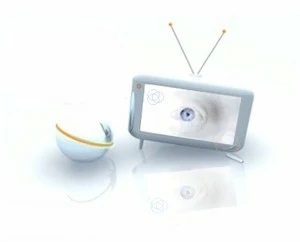|

The
book, the pamphlet and prayer
by
doug jackson
Hans
Urs von Balthasar published a book on prayer. The
Texas Department of Transportation published a
pamphlet on the danger of running red lights. Can
we learn anything about the Christian life from
this combination? I believe so.
TXDOT
says that running red lights is the main culprit
in city traffic accidents, 18,693 of ‘em in
1998, resulting in over four thousand injuries
including about a thousand maimings and eighty one
deaths.
Von
Balthasar
says, "What is complex we generally
understand better than what is simple, since the
latter, by its very simplicity, makes such demands
on us."
TXDOT
says that a yellow light means one thing, which
offers two choices. A yellow warns that the signal
is about to morph to red. The options are:
"Stop if you can do so safely," or
"Continue moving only if you need to clear
the intersection."
We
like yellow lights because we get to pick, and the
choice is always in some measure debatable and
thus defensible. We like complex points of
theology because we get to debate, and obedience
in such cases is always debatable and thus
defensible. But a red light just means stop, and
"Love thy neighbor as thyself" just
means "Love thy neighbor as thyself" and
ignoring either command defies the authority that
stands behind them.
The
TXDOT trace declares, "Drivers who run red
lights are saying, ‘My time is more important
than the safety of everyone else on the
road.’" The Scripture explains that
Christians who fail to love say much the same
about their own worth in comparison to the rest of
humanity. It isn’t a problem of the intellect,
like cozy debates on predestination or infant
baptism or whether Adam had a navel, but of the
will. As G. K. Chesterton put it, "The
Christian ideal has not been tried and found
wanting. It has been found difficult and left
untried." Spurgeon said that the passages in
the Bible that troubled him most weren’t the
obscure ones (he said he sort of ate around those,
like bones in a fish), but the ones he found all
too clear.
Red
means "stop," "Thou shalt not"
isn’t a suggestion, and "Thou shalt"
isn’t just good advice. Obedience is not
loveless legalism; legalism is loveless obedience.
So do what the Bible says and see what happens.
Really, its all uncomfortably simple.
|

